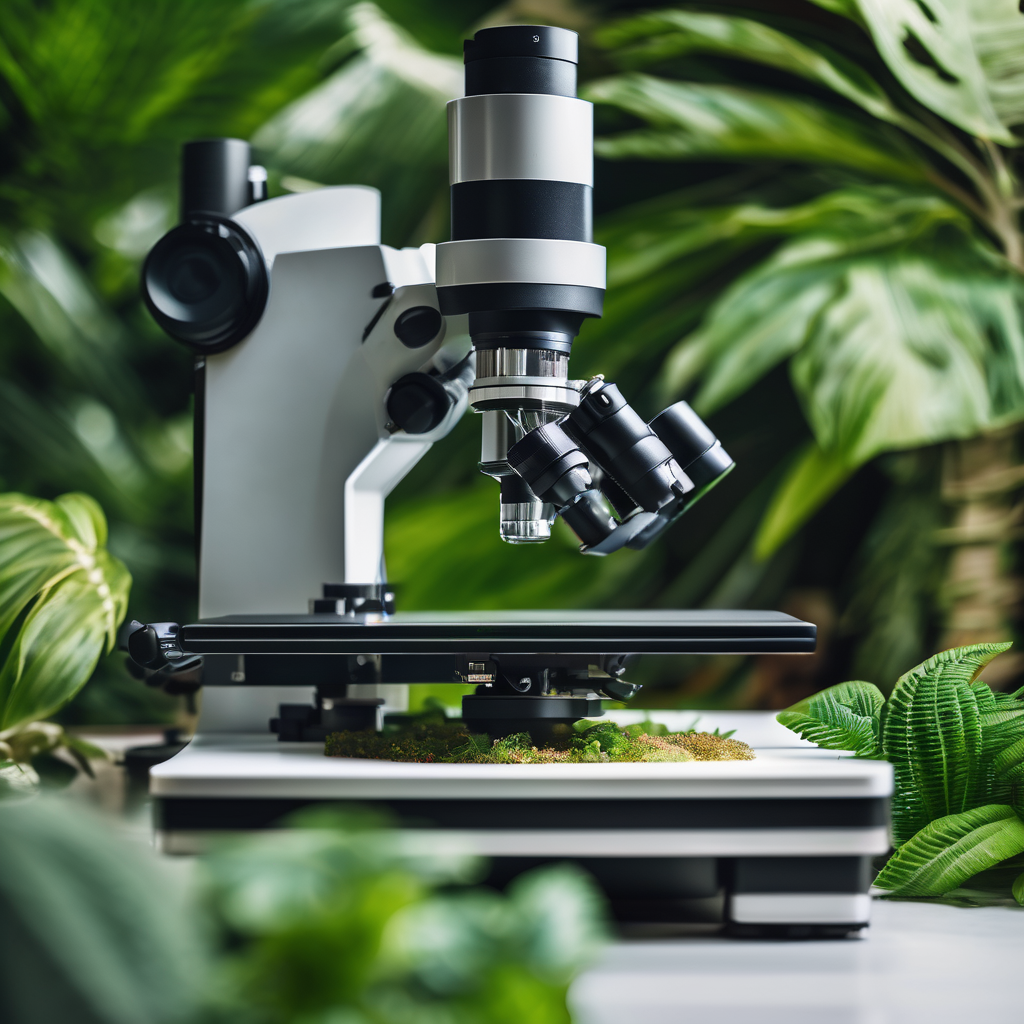Biosecurity officials from the Pacific region gathered in Nadi, Fiji, to acknowledge four years of progress in training aimed at bolstering the defense against pests and diseases. Part of the EU-funded SAFE Pacific project, managed by the Pacific Community (SPC), this initiative is crucial for supporting agriculture, biodiversity, and trade.
At a recent workshop, participants reviewed a tracer study showing significant advancements. Improved training and equipment have enhanced pest surveillance, identification skills, data reporting, and coordination among biosecurity, customs, health, and port authorities.
Riten Gosai, the coordinator for the SPC’s Pacific Plant Protection Organisation, highlighted the workshop’s importance in shaping the future of biosecurity efforts, noting that the validation process helps in achieving immediate gains and setting long-term strategies. These efforts aim to strengthen both national frameworks and regional cooperation, bolstering resilience against emerging biosecurity threats. Such initiatives are vital for safeguarding Pacific agriculture and promoting sustainable trade, driving the region’s economy and supporting communities.
Attendees praised the “training plus equipment” approach, which provided both new skills and practical tools such as traps, lures, X-ray machines, and incinerators, allowing them to apply their learnings effectively in the field.
During the workshop, participants worked on finalizing Standard Operating Procedures for daily activities and honing their skills in digital platforms like KoboCollect and EpiCollect for enhanced pest surveillance and record maintenance.
Since 2021, SAFE Pacific has provided a range of trainings across 15 Pacific countries, involving nations such as Fiji, Samoa, Tonga, Vanuatu, and Papua New Guinea. The workshop encouraged participants from places like Niue and Papua New Guinea to engage in robust discussions and field exercises using mobile technology.
This collaborative commitment to improving biosecurity measures builds on past efforts by agencies like the Biosecurity Authority of Fiji (BAF), who have addressed threats such as the Fall Armyworm through coordinated strategies. These determined efforts across the region illustrate a collective dedication to ensuring food security and resilience against global threats, offering hope for a sustainable agricultural future in the Pacific.
